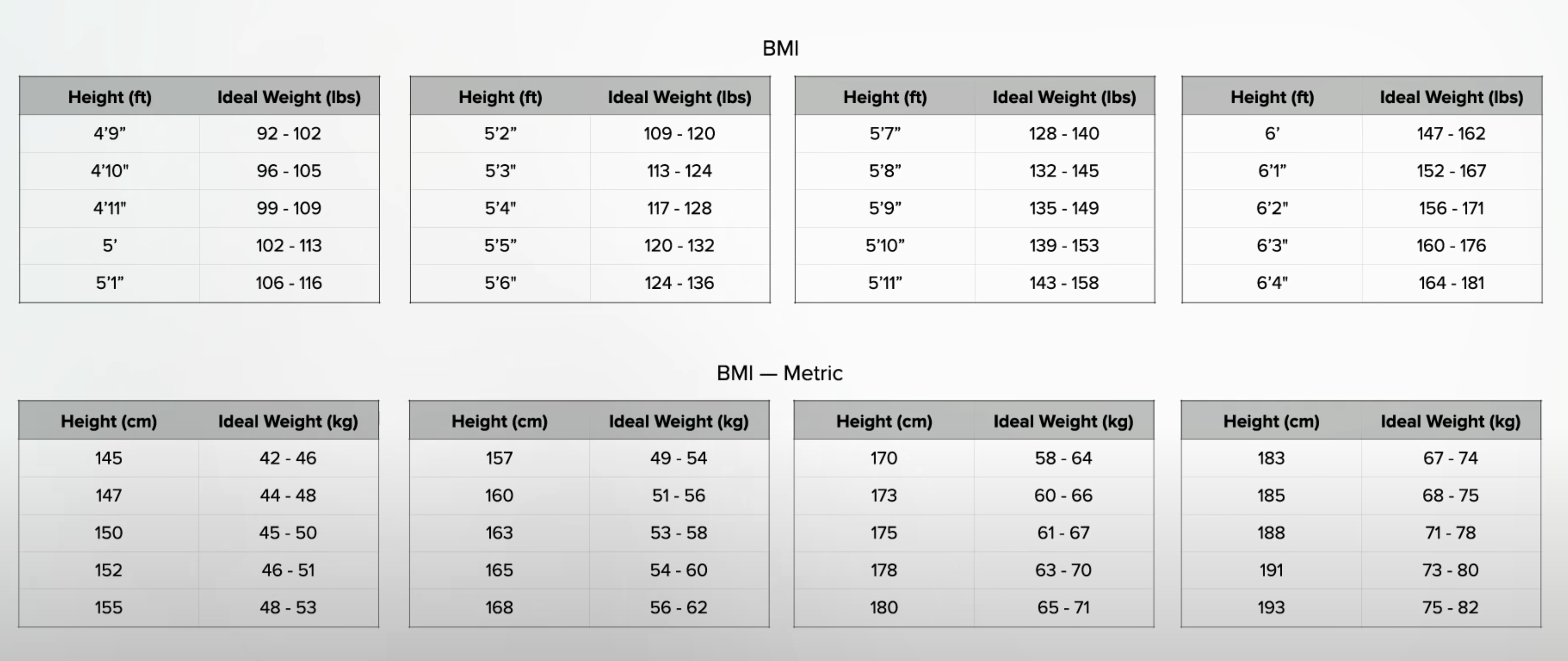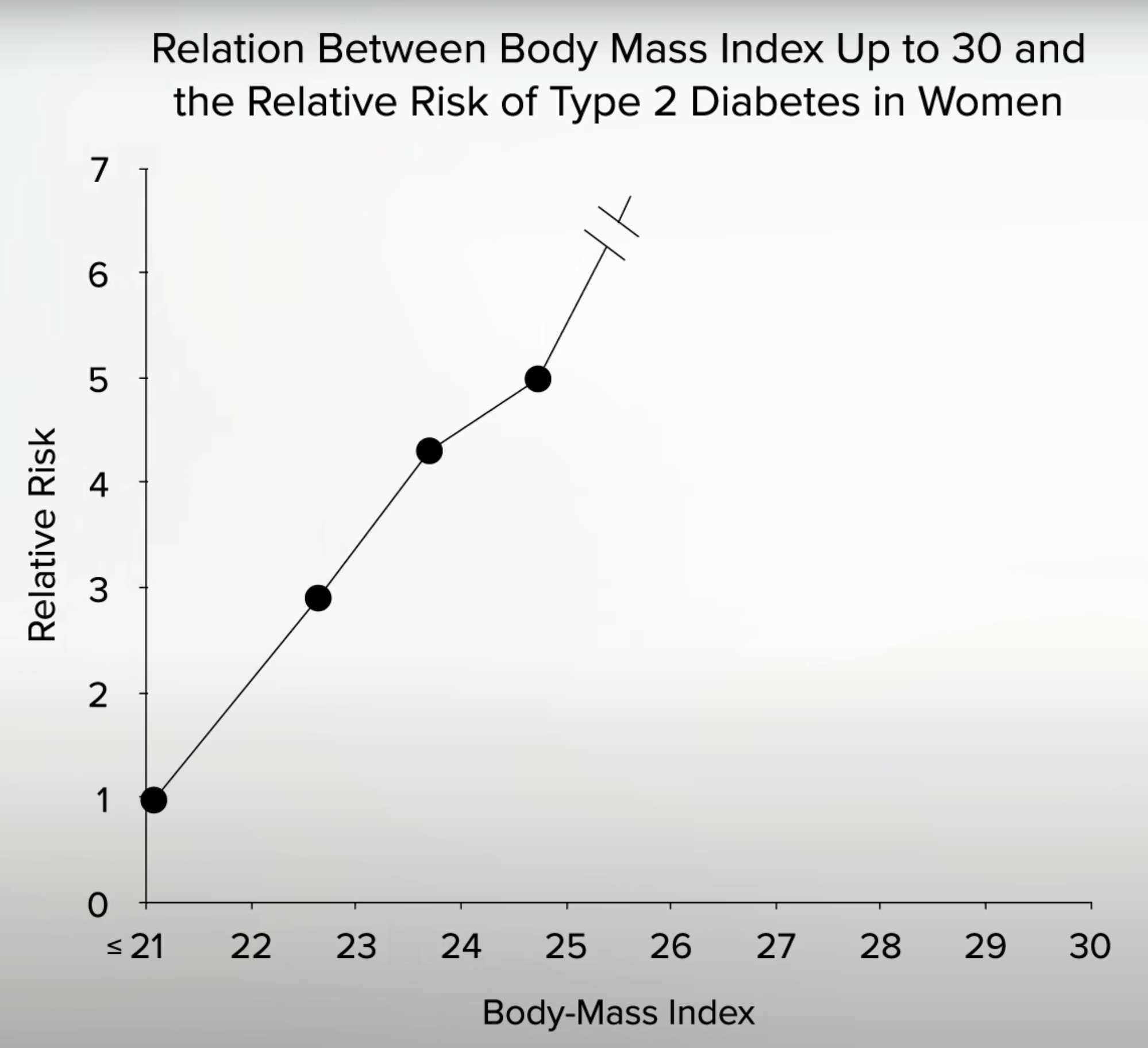(5 mins) Transcript. A great video to understand Dr Greger's main point, which he attributes to a classic epidemiological paper by Geoffrey Rose: Sick individuals and sick populations, Int J Epidemiology, 2001 June; 30(3):427-32. Towards the end, Dr Greger gives the example of cholesterol levels to illustrate his point.
(2 mins) Transcript. Dr Greger's summary: "Most people hospitalized with heart attacks have cholesterol levels considered 'desirable' under the current recommendations. Having a 'normal' cholesterol in a society where it's normal to die of heart disease is not necessarily a good thing."
(2 mins) Transcript. Dr Greger's summary: "'Normal' cholesterol redefined."
(6 mins) Transcript. Dr Greger's summary: "What are the health consequences of even 'low' levels of lead exposure?"
An insightful video.
(6 mins) Transcript. This video helps us understand what 'normal' blood pressure is! How may we have 'normal' blood pressure throughout our life?
Followup: This video is in the context of salt intake, for which we may browse through Salt?
(5 mins) Transcript. In this video, Dr Greger begins by asking, 'What is normal bowel movement'? Is it more like 2-3 times a week or 2-3 times a day? And how do we know what 'normal' is? The rest of the video focuses on constipation.
Overview Article: (Oct 2020) What White Blood Cell Count Should We Shoot For? by Dr Greger.
(6 mins) Transcript. Dr Greger's summary: "Since white blood cell count is a sign of systemic inflammation, it's no surprise that those with lower white blood cell counts live longer."
(9 mins) Transcript. Dr Greger's summary: "Since white blood cell count is such a strong predictor of lifespan, what should we aim for and how do we get it there?"
A large part of this video is about White Blood Cell counts. Dr Klaper explains that WBC counts may be lower than average when we're not fighting as much inflammation and as much infection as the average population. In particular, he points out that meat in particular has pathogens (bacteria and viruses) which pose a challenge our body; our body responds with increased White Blood Cells to fight them off.
(6 mins) Transcript. Dr Greger's summary: "To maximize our lifespan, the target resting heart rate may be one beat a second or less."
(5 mins) Transcript. Dr Greger's summary: "A cup a day of beans, chickpeas, or lentils for three months may slow resting heart rate as much as exercising for 250 hours on a treadmill."
In addition to videos below, see India-Specific BMI Cut-Offs for Obesity as well.
(5 mins) Transcript. Dr Greger's summary: "Is there a unisex chart to see what your optimal weight might be based on your height?"

An excerpt from the Dr Greger's Ideal BMI video:
"What's the optimal BMI? The largest studies in the United States and around the world found that having a normal body mass index, a BMI from 20 to 25, is associated with the longest lifespan. Put all the best available studies with the longest follow-up together, and that can be narrowed down even further to a BMI of 20 to 22."
Dr Greger further says,
"But, even within a normal BMI, the risk of developing chronic diseases, such as type 2 diabetes, heart disease, and several types of cancer starts to rise towards the upper end, even starting as low as a BMI of 21."

Dr Greger's video on Ideal BMI explains that 18.5 to 25 is considered Normal BMI in USA. However, within that range, women's risk for Type 2 Diabetes increases dramatically with BMI.
(7 mins) Transcript. Dr Greger's summary: "Increased risk of metabolic complications starts at an abdominal circumference of 31.5 inches in women and 37 inches in most men, though it's closer to 35.5 inches for South Asian, Chinese, and Japanese men."

 Instagram
Instagram YouTube
YouTube